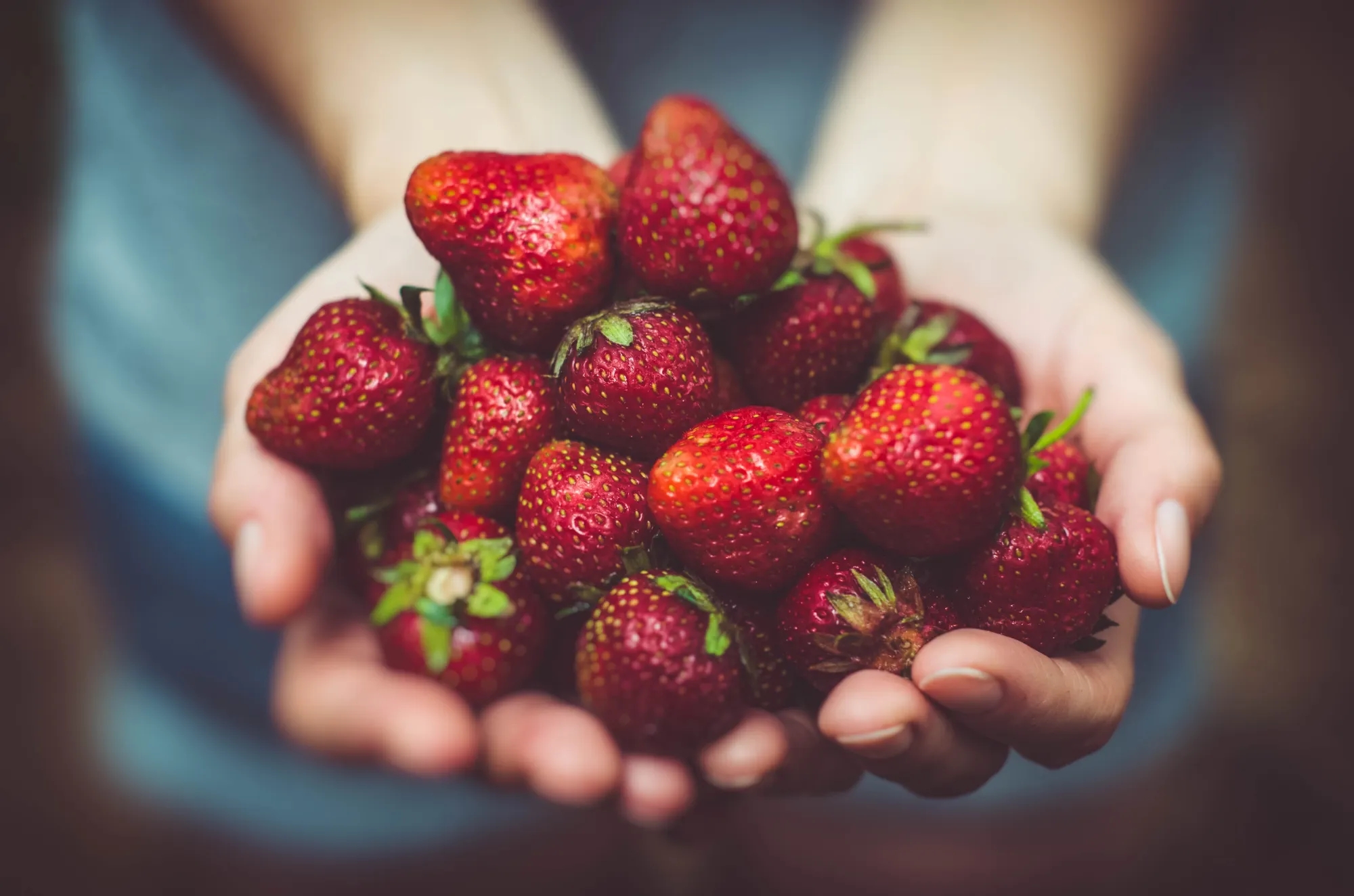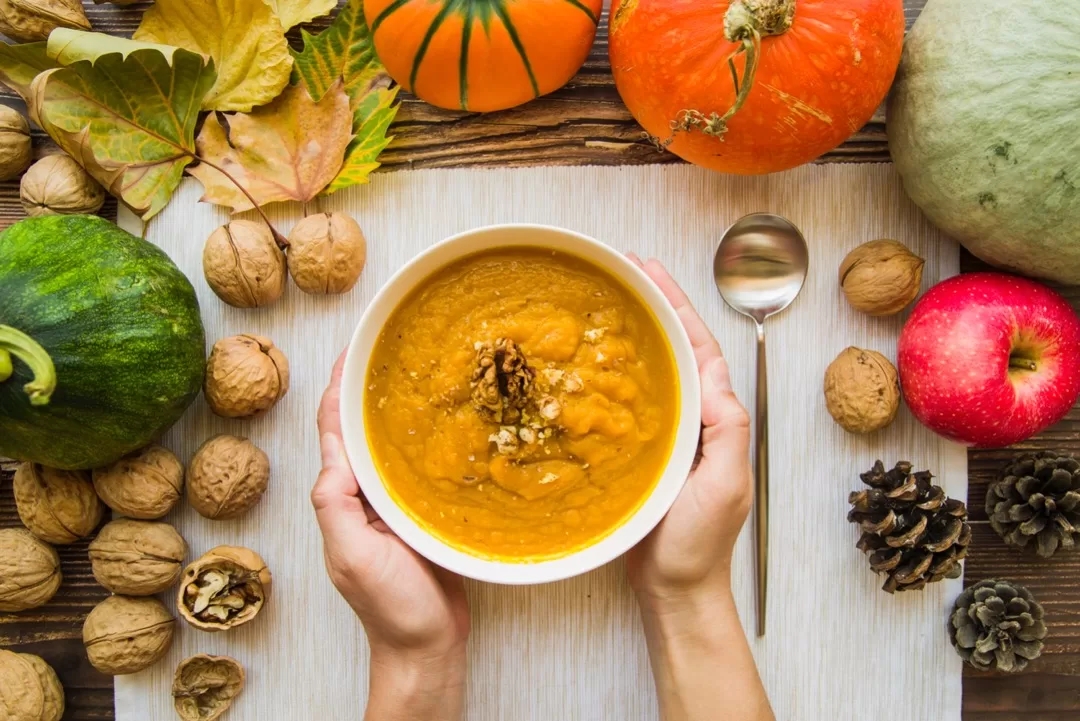Winter to spring transition can be dramatic both in nature and within our bodies. Spring’s promise of new beginnings, growth, and renewal is a powerful force for our hearts. But our bodies and minds are depressed and tired from the winter’s long, cold nights and excess toxins. Ayurveda is the sister science of yoga and offers plenty helpful advice for us to harmonize and gracefully transition into spring. This includes tips on how to eat for this season and nourish our body.
Ayurveda believes that the body’s energy reflects the earth’s energy. The earth is saturated with moisture from spring showers and melting snow. Kapha is the Ayurvedic (bio-elemental) energy that dominates the spring. If kapha is excessive, your body can feel heavy, swollen or cold. Your mind may also feel dull, sleepy or depressed. By following simple Ayurvedic diet advice, we can control spring’s strong influence of kapha.
Lighten up
Transition slowly from winter’s heavy, dense and thick foods to lighter ones. Avoid fried or oily foods, rich sauces and cream-based dishes. Avoid heavy vegetables such as avocado, olives and sweet potatoes. Instead, choose lighter alternatives like berries and green vegetables, cooked grains and stir-fried or steamed vegetables. Reduce the amount of fattening ingredients such as nuts, dairy products, and animal proteins. Add more beans and lentils to your diet. Avoid overeating during spring, and avoid eating excessive amounts of pasta or bread. Reduce snacking, and eat three meals a day.
Purify and renew
Instead, slowly add more cleansing vegetables to your diet. Add more dark leafy vegetables (kale and collards) to your diet, with a focus on arugula and spinach. And cruciferous veggies (cabbage broccoli, Brussels sprouts etc.). Although eating these vegetables raw is purifying, it’s not recommended in the spring because too much raw food can cause digestion to weaken. Use simple food combinations and lightly cook the veggies. Add a few drops of lemon juice to water or steamed vegetables for detoxification.
Minimize dampness
In this season of kapha dominance, be mindful of the water content of both your food and drinks. Avoid eating vegetables with high water content like celery, cucumber, tomato, zucchini and peaches. Also, avoid watery fruits such as grapefruit, oranges and melons. Sugar and sweets can also cause excessive dampness. Add some diuretic food like oats and parsley to reduce excessive dampness.
Warmth is the best way to avoid cold and heat
As spring marks the transition from winter to summer’s heat, it is important to transition away form foods that are too hot or excessively warm and towards foods with a neutral temperature. Increase your intake of warm-neutral vegetables such as asparagus, carrots, potatoes and turnips. Cooking with spices that are warm, such as turmeric, cumin and cinnamon, or onions, garlic, leeks and ginger, should be reduced. Avoid cold, frozen or refrigerated foods and drinks.
All the advice above is general and should be used as a guideline for springtime diet changes. Try experimenting and making adjustments according to your personal constitution, the local seasonal foods and weather conditions in your area. Pay attention to the way the weather, the food, and your overall health are affected by the weather.




